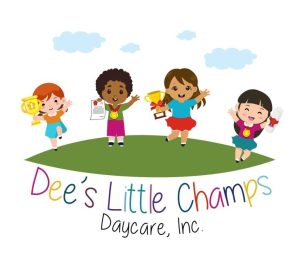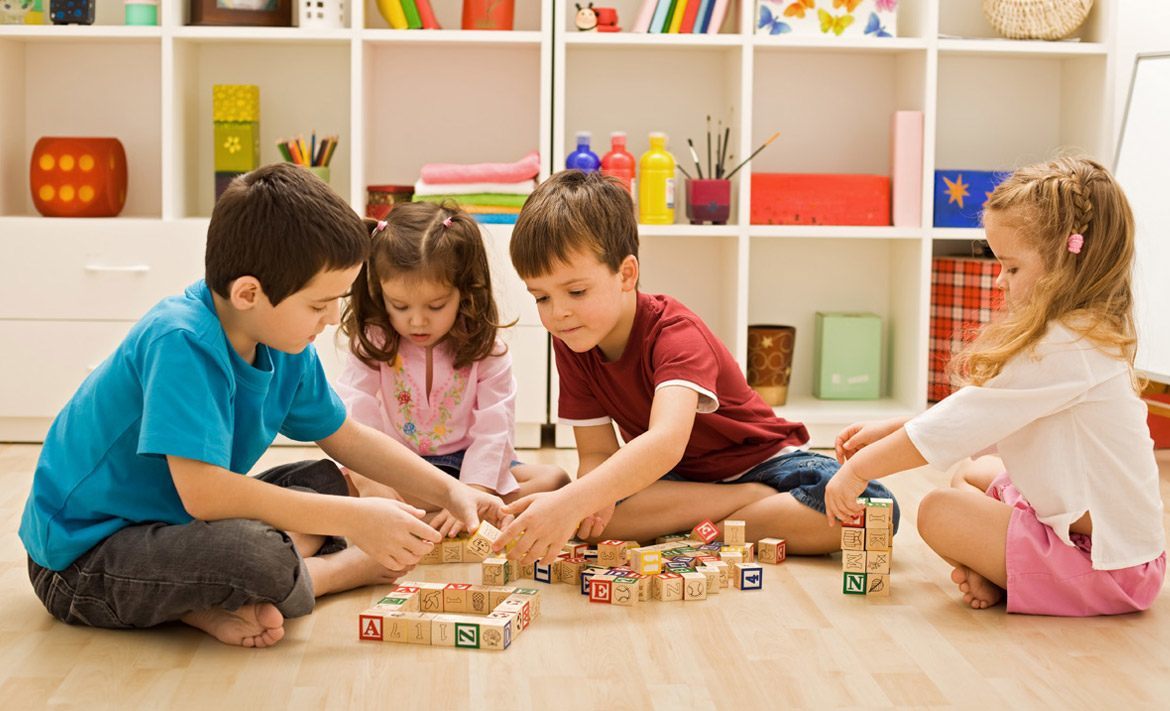Social interactions in daycare are crucial for a child’s overall development, teaching them how to communicate, cooperate, and navigate relationships. These early experiences help children develop empathy, teamwork, and emotional intelligence. Here’s a look at the social skills daycare nurtures and why they are so important:
1. Developing Communication Skills
Daycare provides children with numerous opportunities to communicate with peers and caregivers. Whether through conversations during play or collaborative group activities, children practice expressing their needs, ideas, and emotions. By interacting with a diverse group of children, they also learn how to adjust their communication style depending on who they are speaking to. This exposure helps children improve their vocabulary, listening skills, and overall ability to convey thoughts clearly.
Communication is one of the most essential social skills that children carry into adulthood. Learning how to articulate themselves and understand others lays the groundwork for successful relationships, both in their personal and future professional lives.
2. Learning to Share and Take Turns
Sharing is one of the first social lessons children encounter in daycare. By engaging in group activities or playing with toys that are shared among classmates, children learn the value of taking turns and how to compromise. These experiences teach patience and consideration for others, key elements in developing positive social interactions.
In daycare, teachers often guide children through these interactions, helping them understand why sharing is important. Over time, children begin to practice these behaviors naturally, without being prompted, which strengthens their ability to collaborate with others.
3. Building Friendships and Emotional Bonds
Daycare is an ideal place for children to form their first friendships. Through shared experiences and play, children start building emotional bonds with their peers, which teaches them the importance of relationships. These early friendships help children develop emotional intelligence, as they learn to recognize and respond to the feelings of others.
Friendships in daycare also help children feel a sense of belonging, boosting their self-esteem and confidence. Feeling accepted and valued by their peers encourages them to engage more socially, helping them grow into confident and empathetic individuals.
4. Resolving Conflicts and Handling Emotions
Conflict is a natural part of any social environment, and daycare is no exception. Whether it’s over toys, games, or attention from caregivers, children in daycare learn how to navigate disagreements. Guided by teachers, children are taught to manage their emotions, express themselves respectfully, and find solutions that benefit everyone.
By learning how to resolve conflicts early, children are better equipped to handle challenging situations later in life. They become more emotionally resilient and are better able to express their frustrations in a healthy, constructive way.
5. Cooperating in Group Settings
Group activities in daycare, such as arts and crafts or group games, encourage children to work together. These experiences help children understand the concept of teamwork and the importance of contributing to a common goal. Through cooperation, they learn how to share ideas, take on different roles within a group, and achieve a sense of accomplishment together.
Cooperation teaches children how to compromise and respect the opinions of others. It fosters leadership skills, as well as the ability to follow directions, making them more adaptable in group environments like classrooms and, later on, workplaces.
6. Fostering Empathy and Understanding
One of the most critical social skills learned in daycare is empathy. By interacting with children from different backgrounds and with different personalities, children start to recognize and appreciate the feelings of others. They learn to offer support when a friend is upset or to celebrate someone else’s achievements.
Empathy is an important building block of emotional intelligence. By developing this skill early, children are more likely to grow into compassionate individuals who can form meaningful relationships and contribute positively to society.
7. Building Independence and Self-Confidence
Social interactions in daycare also help children build independence. While they are encouraged to work together with their peers, they also learn to assert themselves, make their own decisions, and take responsibility for their actions. This balance between teamwork and independence helps children build self-confidence, as they realize they can contribute to a group while also standing on their own.
In a supportive daycare environment, children are often praised for their efforts, further boosting their confidence. This positive reinforcement encourages them to take more initiative in social settings, helping them become more outgoing and self-assured.
Conclusion
The social skills children learn in daycare—communication, sharing, empathy, conflict resolution, cooperation, and independence—are essential to their growth and success. These skills lay the foundation for positive relationships and emotional well-being throughout their lives. By fostering these abilities early in a daycare setting, children are better equipped to navigate the complex social dynamics of school, friendships, and future professional relationships. Daycare provides not only a safe environment for early education but also a rich social landscape where children can thrive socially and emotionally.


Good Post